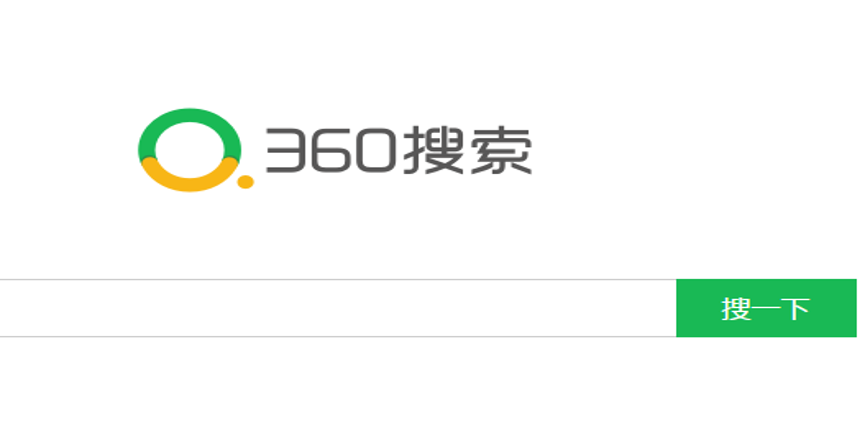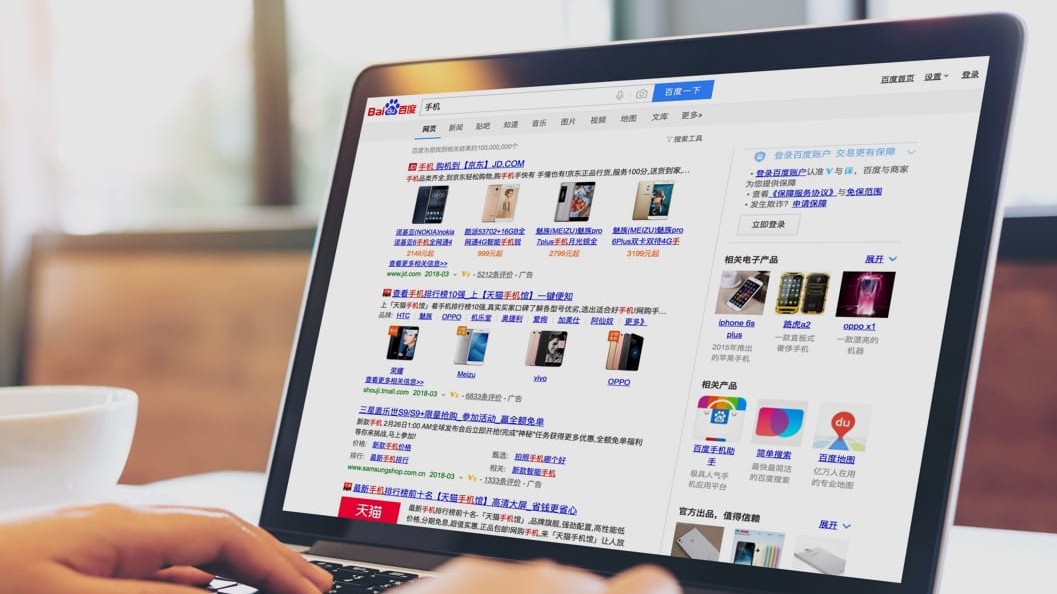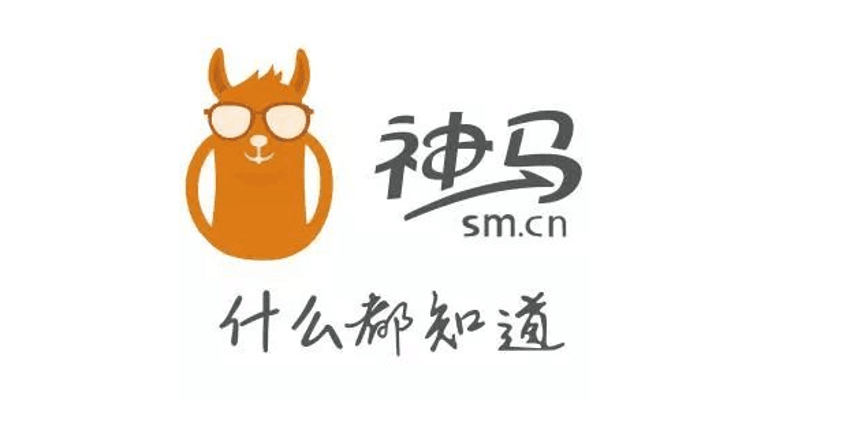
WHAT IS QIHOO 360?
Qihoo 360’s emergence as the 2nd most visited search engine in China has been nothing short of remarkable.
Are you a foreign company that wants to enter the Chinese market?
TRENDS OF CHINESE SEARCH ENGINES IN 2020
Baidu is and will undoubtedly remain for a long time the market leader of Chinese search engines with today over 70% share but the second in the ranking, Qihoo 360 in fact, certainly deserves attention, both for results and for the applied strategy. In China, everything is fast and Qihoo 360 has been able to quickly gain the trust of many Chinese users.
A GROWING SEARCH ENGINE IN CHINA
The company Qihoo launched its very own search engine with the domain so.com. ‘S’ represents safe, and ‘o’ represent open. It immediately became the second most popular search engine in China, and progressively grew its user base and taking market share from Baidu. It changed the name to ‘Haosou’ in 2015, meaning ‘easy to search’ and reversed to the name of ‘360 Search’ in the following year
Today it is Baidu’s main competitor, overtaking Sogou in just two years, reaching 10% of the share. Recall that Google has only 4% and only accessible from Hong Kong.
LEARN THE QIHOO 360’s ALGORITHM
Very little is known about the Qihoo 360 algorithm at the moment, due to its relatively new arrival. However, as Baidu is the main competitor, it’s likely a great deal of their own algorithms has been modelled after the market leader. The only unknowns are the limits to Qihoo 360’s ability to reverse engineer Baidu’s algorithm.
Though no wide-scale research has been done to reveal a deep inspection of Qihoo 360’s algorithm, anecdotal evidence from webmasters around the web confirm that typical Baidu SEO best practices are likewise effective for 360. Many webmasters have noted the search engine’s indexation rate seems to be impressively high, overtaking Baidu in most cases. Submitting a site to 360 usually results in a visit from their spiders within 24 hours, which again can be much faster than Baidu at times.
An evergreen criticism of any search engine is that they tend to favor their own properties in search results, and Qihoo 360 is not an exception to the rule. Though without hard evidence, many SEOs claim Qihoo 360 features results from their encyclopedia or Q&A sites abnormally high in SERPs.
Just as Baidu’s algorithm and spider lack the sophistication of Google’s in crawling and spam detection, it can be inferred that due to Qihoo 360’s relative immaturity, their algorithm may be more susceptible to more old-school link spam or other black hat techniques. It would be unwise, however, to suspect that you could fool the algorithm for too long, as Qihoo 360 has declared their algorithm is user-experience focused, and it won’t be long until the search engine is even savvier at filtering out such results.
While an acquisition of another search engine such as Sogou could indeed mean a change in 360’s algorithm, for now our recommendation is to stick with known, common-sense SEO best practices for Baidu, and rankings on haoso.com should follow.
SERP Results and Layout
Qihoo 360 displays search results in a way that will be familiar to Google users but tries hard to differentiate themselves from Baidu’s practice of subtly confusing paid results with organic ones. By trying to make the line between paid and organic listings more clear and prominent on SERPs, Qihoo believes they’re taking the higher moral ground in protecting users’ interests while calling attention to what they feel are Baidu’s unsavoury tactics.
Qihoo 360 oneBox
Qihoo and Baidu do share one SERP layout feature in common, however, and that is the ability for 3rd party widgets. In Baidu, it’s called Baidu Open, while in Qihoo 360 it’s called oneBox. The service allows advertisers to create a customized widget that can be served up in SERPs.
As you can see in the E-Commerce example below, some of them can take up quite a large footprint on the SERPs. This is definitely something you should be aware of when optimizing for a keyword. If there’s a very large oneBox on the SERP above you, it may be less effective optimizing for this keyword since even a top ranking will be far below the fold.
WHY IS QIHOO 360 GAINING IN POPULARITY WITH CHINESE NETIZENS?
1.SECURITY
The first is the focus on security, promoting itself as “the safest search engine” using its reputation as a leader in anti-virus software. And safety is a highly valued value.
2. COLLABORATION WITH ALIBABA
To generate traffic, then, one of the activities with the most returns was that related to e-commerce, with the launch of a joint site with the giant Alibaba.
The common site is a search engine for online shopping, a very appreciated activity beyond the wall, supporting users in comparing prices. The success of the site has led Qihoo to earn significant income from its web traffic by redirecting its users to the e-commerce sites of its partner Alibaba: Taobao and Tmall.
3. GAMING SEGMENT DEVELOPPEMENT
Another important activity of Qihoo to erode market share was to decisively enter the online gaming sector, a very popular activity among Chinese users, with a strategic agreement with the popular social network Sina Weibo.
Strategic agreements with Alibaba and Sina Weibo, a focus on security, e-commerce, and online games: that’s how it developed traffic and became the second most used search engine in China in just two years.
360 Search has over 50% penetration rate in the PC search engine in China according to CNNIC.com.
Most of the China companies choose 360 PC Antivirus software for their company’s internet security. Once the antivirus software is installed, the 360 Browsers will also be installed. The default search engine of 360 browsers is 360 Search.
Summary
It is essential that Brands understand which are the main search engines in China such as Baidu, Sogou and Qihoo360. Qihoo is an alternative to Baidu. Brands can conduct Chinese consumer research, collect user data and look for keyword/content recommendations from the search engine. The Chinese digital landscape is complex and often dynamic, as always in China. Leverage as search engine part of marketing channel mix is one of the essential when the brands developing the China market.









